Dr. Raju Poudel, DM (Neurology)
Consultant Neurologist/Department of Neurosciences/Grande International Hospital
The world is celebrating the World Alzheimer’s Day today with the theme “Remember me”. Alzheimer’s disease is a progressive neurodegenerative disease of elderly, in which the brain cells slowly die due to accumulation of abnormal proteins. A month long awareness and advocacy programs are organized around the world in September as the Alzheimer’s month. But in Nepal, where we still struggle for prevention and treatment of communicable diseases, working on non-communicable diseases, that too of old age, is tough.
The major cause of Dementia in elderly is a disease called Alzheimer’s disease. Dementia, which loosely means loss of memory, is one of the leading medical problems of elderly. Because of the deep rooted stigmas about dementia, only 10 % of these people worldwide seek for medical opinion; so much so that dementia is often hidden away, not spoken about, or ignored at a time when the patients and their family needs the most support.
With the increasing life expectancy, population of elderly is slowly increasing in Nepal. But, due to lack of insurance coverage, not-so-strong economic status of the elderly, and the changing family structure; elderly people are often not cared and left to strive with their problems on their own. Tackling their medical problems themselves by paying from their pocket is an insurmountable challenge.
What are the early symptoms?
The main presentation is the progressive intellectual decline from previous level of functioning and performance so as to interfere with their ability to function at work and routine daily activities. Usually the information from family members is the key to the diagnosis of Alzheimer’s disease.
Of the following five symptoms, if two are present, a strong suspicion of Alzheimer’s dementia has to be considered and further work up has to be started.
- Is there a worsened ability to take in and remember new information (Misplacing personal belongings and getting lost in familiar routes)
- Is there an impairment of reasoning, complex tasking and judgment (Difficult to manage routine finances, inability to plan sequential activities)
- Impaired visuo-spatial abilities despite good vision (Inability to orient clothing, not recognizing familiar faces)
- Impaired speaking, reading and writing if person was doing it well previously.
- Gradual change in personality.
Burden of the disease

As per the report of World Alzheimer’s Association published in 2015, it is estimated that 46.8 million people worldwide are living with dementia which is sure to double every 20 years, reaching 74.7 million in 2030 and 131.5 million in 2050. Majority of this burden is observed in low or middle income countries. The problem looks even more worrisome if we say that every 3 seconds someone develops dementia , amounting to 9.9 million new cases each year. If we look for the cost involved, it is estimated that this to 818 billion dollars will be spent this year for treatment, which is more than the market value of Apple Inc. Due to the impact of this magnitude, WHO has declared dementia as a disease of public importance.
Situation in Nepal
The prevalence of dementia is estimated to be 6.5 % in aged above 65. In Nepal, population above 65 years of age constitutes 4.5% of the total population. So by general calculation, approximately 85,000 people at this moment suffer from dementia. This burden is going to double by next decade. If we don’t start planning now, it will be too late to tackle the morbidity caused by this disease. Currently, there are just 20 Neurologists, just one Geriatrician and very few old-age care homes in Nepal; it is already a herculean task for them. With the surge of non-communicable diseases like dementia, this ‘double burden’ will have a huge impact on how the economy of the country will progress in the future.
Why we need to be corncerned?
With booming elderly population in developing countries as well, we have less number of human professional resources to meet the health and social needs of this group. There is no accessibility to comprehensive health care and social security. Moreover for elderly people with dementia situation will be even worse. This group of people will be totally neglected and will be labeled ‘insane’ if there is behavioral abnormality simply because of lack of awareness that dementia is also a disease as like hypertension and diabetes. Awareness about dementia and Alzheimer’s disease will help to curtail the stigma and make people prepared for helping these needy people who otherwise will be socially outcast.
If we can diagnose them early, we can start the treatment with medications (Rivastigmine , Donepezil etc) which can help improve their cognitive function. We can also prepare their caregivers so that they can provide better care and optimism for coping with the disease progression and delay admission in hospital due to disabling problems.
What should be done ?
Since Alzheimer’s disease is a progressive disease and has no obvious cure so far, the care of patient and care givers remains the priority. From individual level and community spreading awareness about dementia, improving our lifestyle and healthy habits, spreading optimism of care and de-stigmatization of prevailing attitudes are of utmost important. Priority has to be given to the voices of people with dementia and their caregivers; and also integration and coordination of health and social care system has to be done. Government should prioritize the long term care of elderly and needs to design and implement national programs to address the issue of elderly care.
What is in the Future?
Researches in treatment of Alzheimer’s disease with targeted drugs to neutralize the toxic proteins are on pipeline and stem cell therapy though still in experimental state will be a great boon to tackle this disease and holds a strong promise in future.










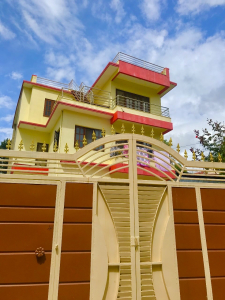
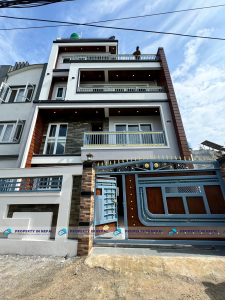
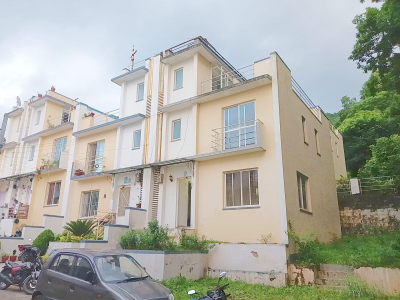
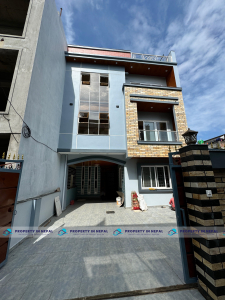
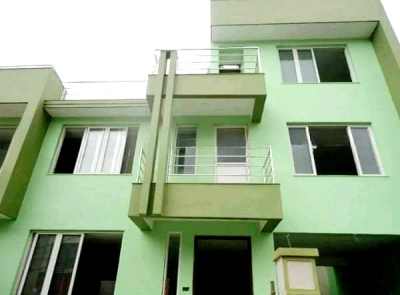
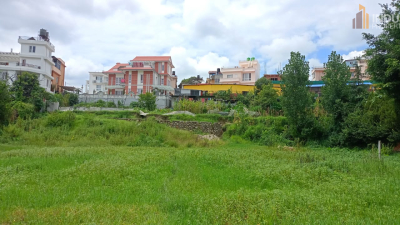
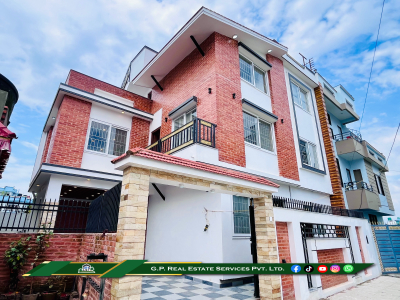

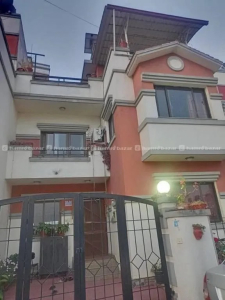
.png)

.png)

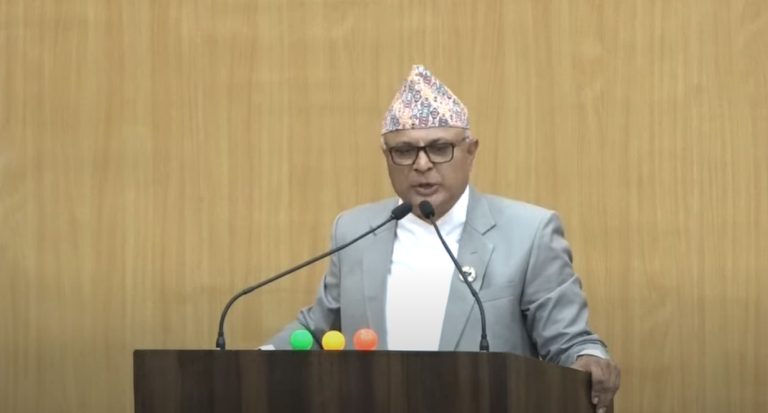
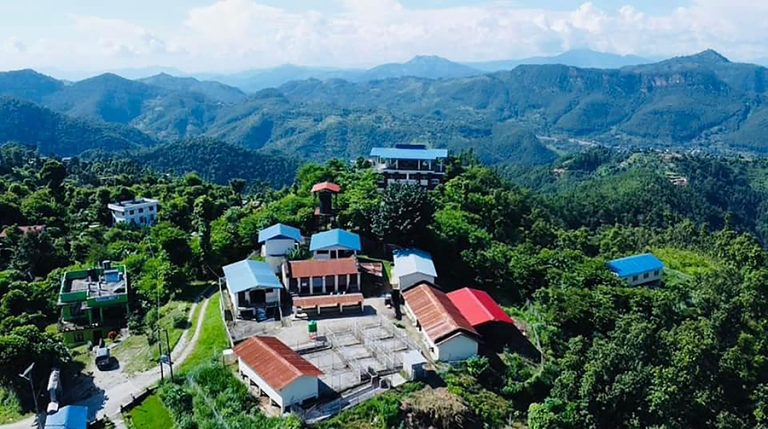


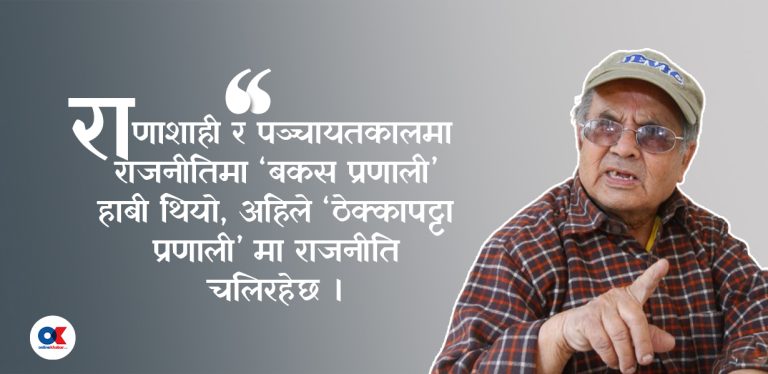

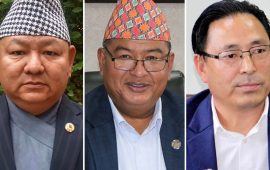
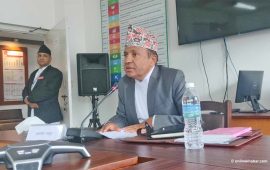
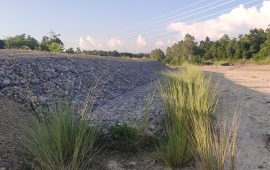
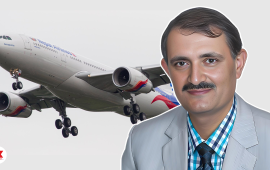
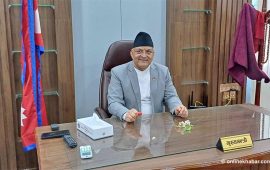
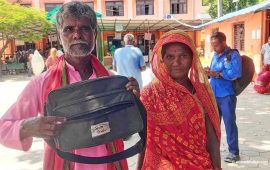

प्रतिक्रिया 4